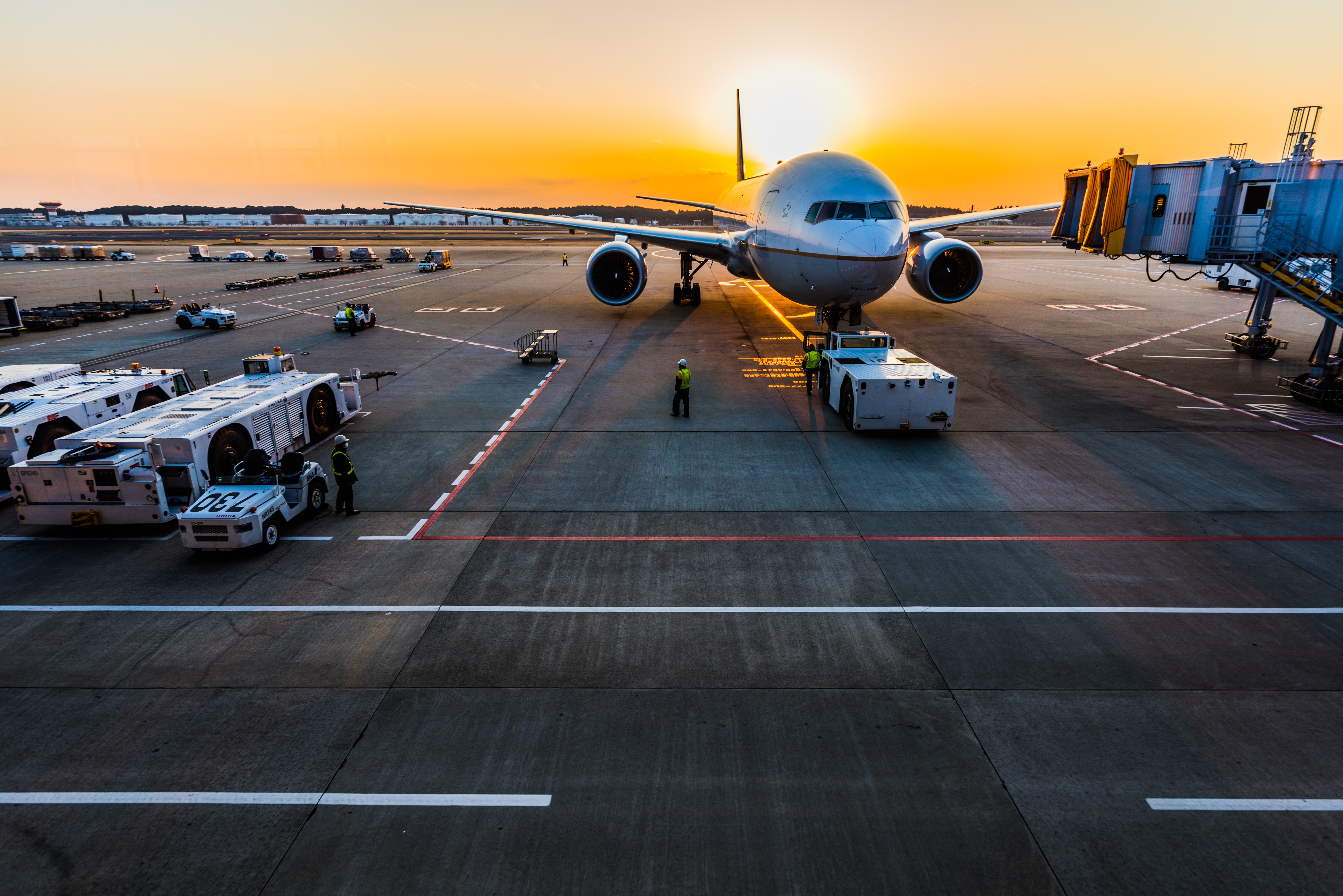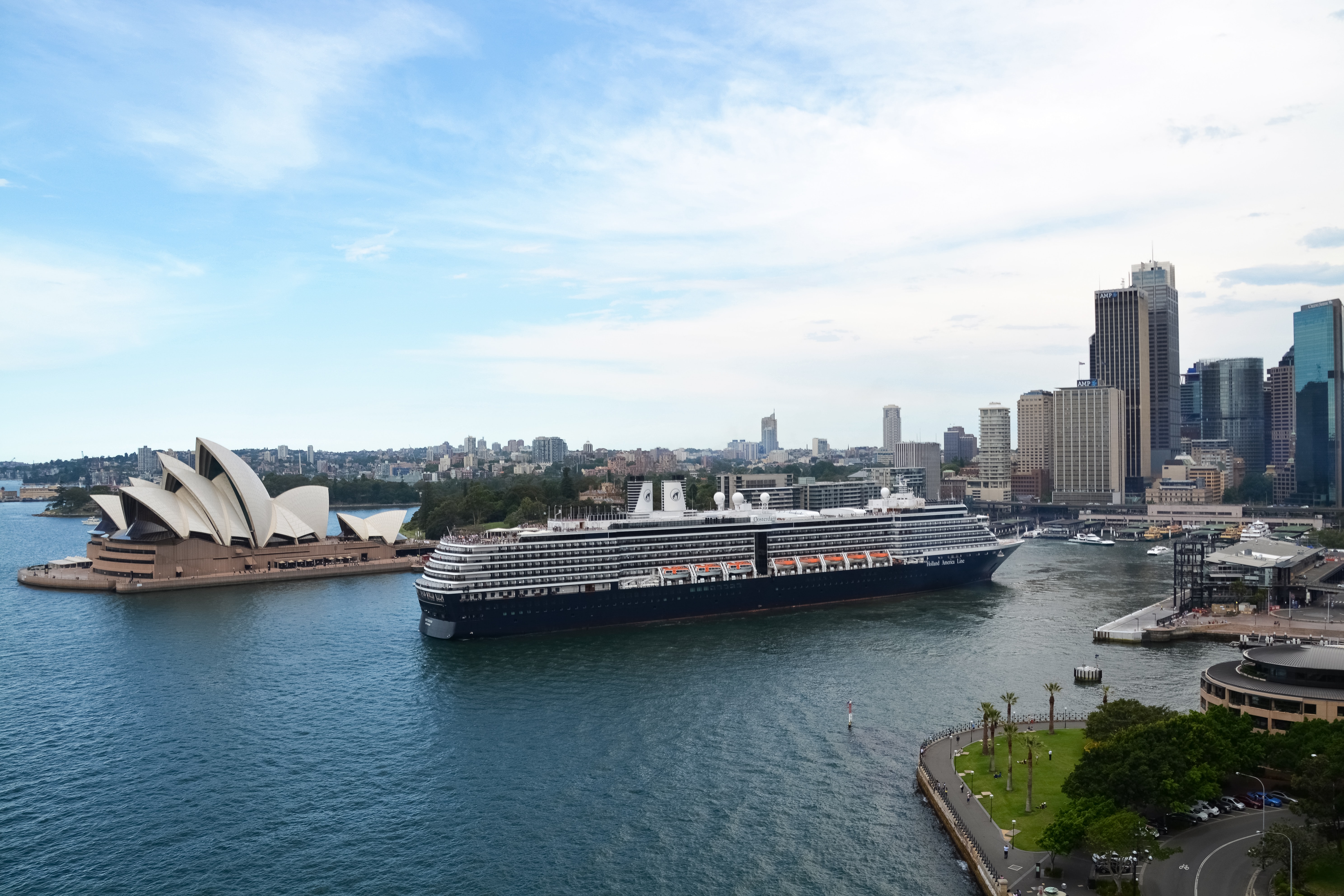
In Australia, various industries have noticed the I’mportance of safety management systems and have as such introduced them as part of legislation.
According to a recent government report, aviation, marine and rail industries have all successfully incorporated safety management systems into regulations and operations as a required way of managing safety.
By implementing a systematic approach to managing safety, including organisational structures, accountabilities, policies and procedures, businesses can mitigate risk. This has proven to be a great decision for those industries, and is thought to have minimised deaths and injuries at work in the last decade or so since the regulations have been in place.
We’re taking a look at what each of the industry guidelines say, to help you better understand Safety Management System uses and requirements.

Safety Management Systems In The Railway Industry
The 2007 Model Rail Safety Regulations came into place and introduced that all rail operators must have a functioning and effective SMS (Safety Management System).
The reason being, that the National Transport Commission studied the effects of having Safety Management Systems in place and established that they are one of the best methods for reducing safety risks in higher risk industries.
In the 2008 guideline on preparation of a rail safety management system (National Transport Commission, 2008), the following necessities were listed as part of an SMS:
- Safety policy
- Safety culture
- Governance and internal control arrangements
- Management responsibilities, accountabilities and authorities
- Regulatory compliance
- Document control arrangements and information management
- Review of the SMS
- Safety performance measures
- Safety audit arrangements
- Corrective action
- Management of change
- Consultation
- Internal communication
- Human factors
- Training and Instruction
- Risk management
- Procurement and contract management
- General engineering and operational systems safety requirements
- Process control
- Asset management
- Safety interface coordination
- Management of notifiable occurrences
- Security management
- Emergency management
- Rail safety worker competence
- Fatigue
- Drugs and alcohol
- Health and fitness
- Resource availability

SMS in Aviation
A similar approach was taken in the aviation sector, whereby the CAAP (Civil Aviation Advisory Publications) declared that a safety management system is necessary.
Their literature suggests that the benefits of a Safety Management System are:
- An SMS is as important to business survival of the organisation as financial management.
- The implementation of an SMS should lead to achievement of one of civil aviation’s key goals.
- Enhanced safety performance through the identification of hazards and reducing these hazards until they are ALARP (as low as reasonably practicable)
- Reduction in incidents and accidents (occurrences)
- Reduced direct and indirect costs
- Safety recognition by the travelling public
- Reduced insurance premiums
- Proof of diligence in the event of legal or regulatory safety investigations.

Safety management in the Maritime Industry
Meanwhile, the Australian Maritime Safety Authority (AMSA) has also recently placed more guidelines on safety management systems.
Under Marine Orders Part 58, operators, owners and managers of all passenger vessels, cargo vessels of 500 tonnage or more, and mobile offshore drilling units propelled by mechanical means of 500 tonnage or more, to be certified under the International Maritime Organisation’s (IMO) International Safety Management (ISM) Code.
The following elements are required under the ISM Code for inclusion in a maritime SMS:
- safety and environmental policies
- procedures to ensure safe operation of ships and protection of the environment
- defined level of authority and lines of communication
- procedures for reporting accidents and non-conformities
- procedures to prepare for and respond to emergency situations
- procedures for internal audit and management reviews.
The Beakon Difference
As you can see, each industry requires slightly different things from their SMS. With a cloud-based system like Beakon you can adjust the software to suit your business needs so that no matter what industry you’re in, you’ll be able to cover your back.We’ve worked with highly specialised clients in these industries to deliver safety management solutions that meet the necessary requirements. To find out more, why not set up a free trial with us to experience the Beakon difference.

